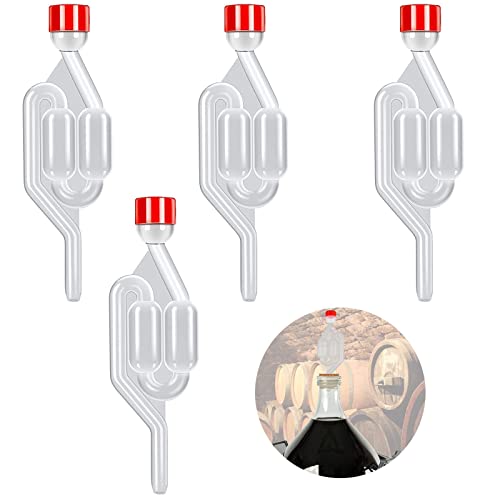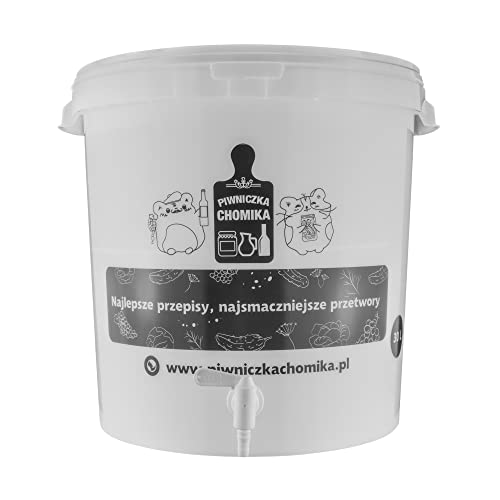HebridesRob
Landlord.
nah the lady is alright but has a wicked Calvinistic streak running through her body - 'whisky and dancing its the ruination of Scotland!!! (even though shes from India, weird eh ) A-level chemistry you say and just up the A80, a very handy man to know!
If she thinks that tell her to spend time in the Outer Hebrides. She'll find, without a doubt, it's the Calvinists that are the ruination of Scotland.
I have A level Chemistry. Just that I got it in 1978 haha!






























![BREWING THERMOMETER STICKERS ACCURATELY MONITOR FERMENTING BEER & WINE LIQUID TEMPERATURES 5PCS HOME BREW SPIRITS WINE LCD ADHESIVE [US]](https://m.media-amazon.com/images/I/311DDjo2X3L._SL500_.jpg)









